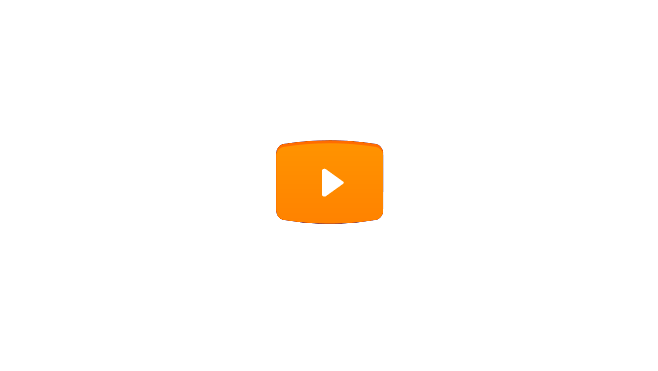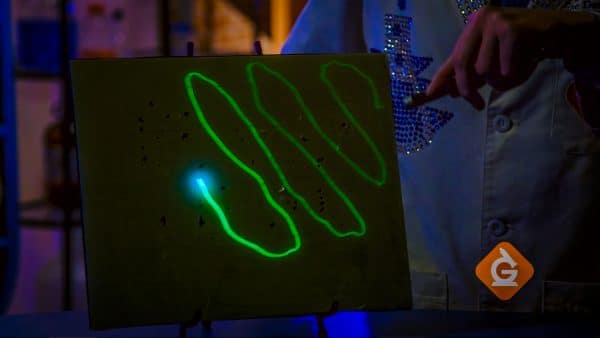Scientist Definition
A scientist studies the natural world through observation and experimentation. For example, they conduct experiments to gather evidence.
View Lesson on What Is Science? (3-5 Version)
Become a member to get full access to our entire library of learning videos, reading material, quiz games, simple DIY activities & more.
Become a member to get full access to our entire library of learning videos, quiz games, & more.
Plans & Pricingto watch this full video.

Access All Videos
and Lessons, No Limits.
Access All Videos

No credit card required,
takes 7 sec to signup.
No card required

Ready-to-go lessons
that save you time.
Ready-to-go lessons
If you are on a school computer or network, ask your tech person to whitelist these URLs:
*.wistia.com, fast.wistia.com, fast.wistia.net, embedwistia-a.akamaihd.net
Sometimes a simple refresh solves this issue. If you need further help, contact us.
What Is Science? (3-5 Version)
Fun Facts
- Scientists share findings for others to repeat investigations and must be willing to change their minds based on new evidence.
- Paleontologists are scientists that engage in debates over fossil findings.
- Astronomers are scientists that use scientific practices to study space; astrologers do not.
Why Do We Need To Know About Scientist
Learning about what scientists do helps us see how important their discoveries are in our everyday life and shows us that being a scientist can be very rewarding. Scientists have changed farming, made medicine better, and help solve big problems in the world.
They work on making energy cleaner, finding new ways to treat diseases, and figuring out how to grow food better. Being a scientist means you can really make a difference in the world by using experiments and facts to find new solutions and ideas.
Frequently Asked Questions
Check out the Full Lesson on What Is Science? (3-5 Version)
In this lesson, we learn that:
- Science is the process of learning about the natural world through observation and experimentation.
- The more evidence we have about a theory the more confident we are about it.
- You must be willing to change your mind based on new evidence.
- Many things around us appear to be science but are not.
Related Topics
- Air Mass Definition
- Analog Signal Definition
- Conduction Definition
- Continental Drift Definition
- DNA Definition
- Definition Of Experiment
- Definition Of Force
- Definition Of Science
- Definition Of Shade
- Earth’s Rotation Definition
- Electromagnet Definition
- Electron Definition
- Friction Definition
- Geosphere Definition
- Heating And Cooling Definition
- Inherited Traits Definition
- Invasive Species Definition
- Kinetic Energy Definition
- Life Cycle Definition
- Magnetic Field Definition
- Matter Definition
- Mutation Definition
- Mutualism Definition
- Nervous System Definition
- Newton’s 1st Law Of Motion Definition
- Opposable Thumb Definition
- Organ Definition
- Organelle Definition
- Plant Growth Definition
- Pollen Definition
- Recycle Definition
- Renewable Resource Definition
- Rock Definition
- Scientist Definition
- Soil Definition
- Species Definition
- Tectonic Plates Definition
- Temperature Definition
- Texture Definition
- Tissue Definition
- Transverse Wave Definition
- Unbalanced Force Definition
- Volts Definition
- Water Distribution Definition
- Wave Definition
- Weather Definition
- Weathering Definition
- Wind Erosion Definition


Start a Free Trial Today. Get a $5 Amazon Gift Card!
Teachers! Start a free trial & we'll send your gift card within 1 day. Only cards left. Try it now.
Select Grade
Select Subject
This email is associated with a Science Kit subscription. Kit subscriptions are managed on this separate page: Manage Subscription

-
Download InvoiceScience & Math$/yr
-
Download InvoiceScience Only$/yr

access all lessons
• No credit card required •
"My students loved the videos. I started the video subscription in May and used them as a review before the state test, which I know contributed to 100% of my class passing the state test."
Rhonda Fox 4th Grade Teacher, Ocala, Florida
Use Generation Genius in Your School
Access all lessons free for 30 days.
"My students loved the videos. I started the video subscription in May and used them as a review before the state test, which I know contributed to 100% of my class passing the state test."
Rhonda Fox 4th Grade Teacher, Ocala, Florida
• No credit card required •
Already a member? Sign In
* no credit card required *

* no credit card required *
* no credit card required *

Get District Quote
Discounts start at 3 schools.
Sent!
Thank you for your inquiry.
We will email you a quote as soon as we can.

to Discover the Benefits of Generation Genius
Learn How to Save for Your School & District!
Please login or create an account to access additional resources

no credit card required
Skip, I will use a 3 day free trial
Enjoy your free 30 days trial
-
Unlimited access to our full library
of videos & lessons for grades K-5. -
You won’t be billed unless you keep your
account open past your 14-day free trial. -
You can cancel anytime in 1 click on the
manage account page or by emailing us.
-
Unlimited access to our full library of videos & lessons for grades K-5.
-
You won't be billed unless you keep your account open past 14 days.
-
You can cancel anytime in 1-click on the manage account page.
Cancel anytime in 1-click on the manage account page before the trial ends and you won't be charged.
Otherwise you will pay just $10 CAD/month for the service as long as your account is open.
Cancel anytime on the manage account page in 1-click and you won't be charged.
Otherwise you will pay $10 CAD/month for the service as long as your account is open.
We just sent you a confirmation email. Enjoy!
Done



























































































































 GENERATION GENIUS
GENERATION GENIUS